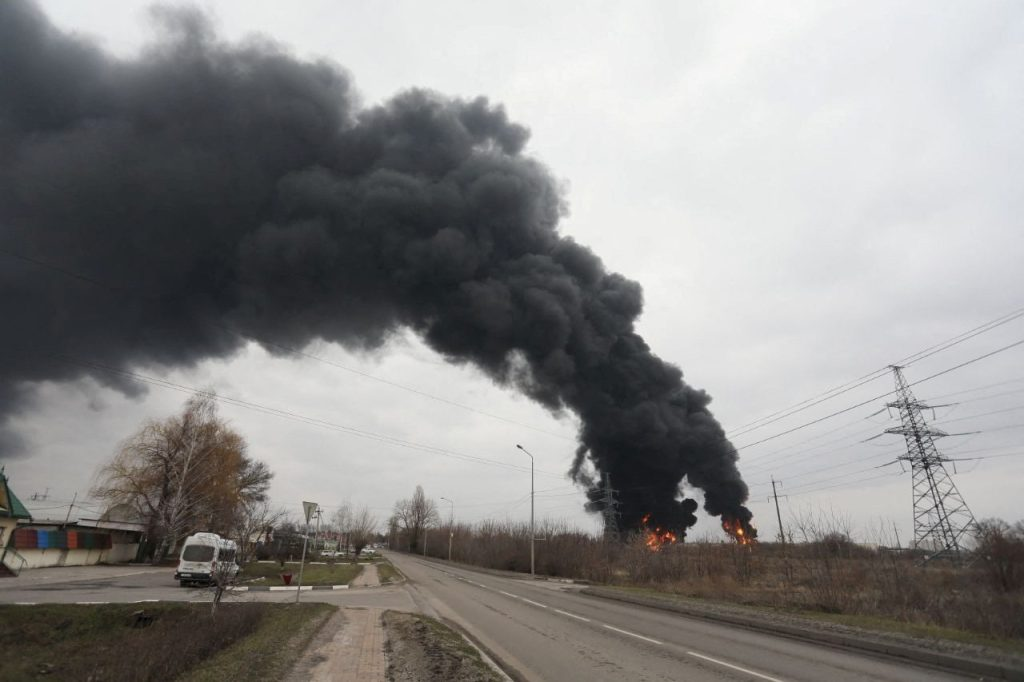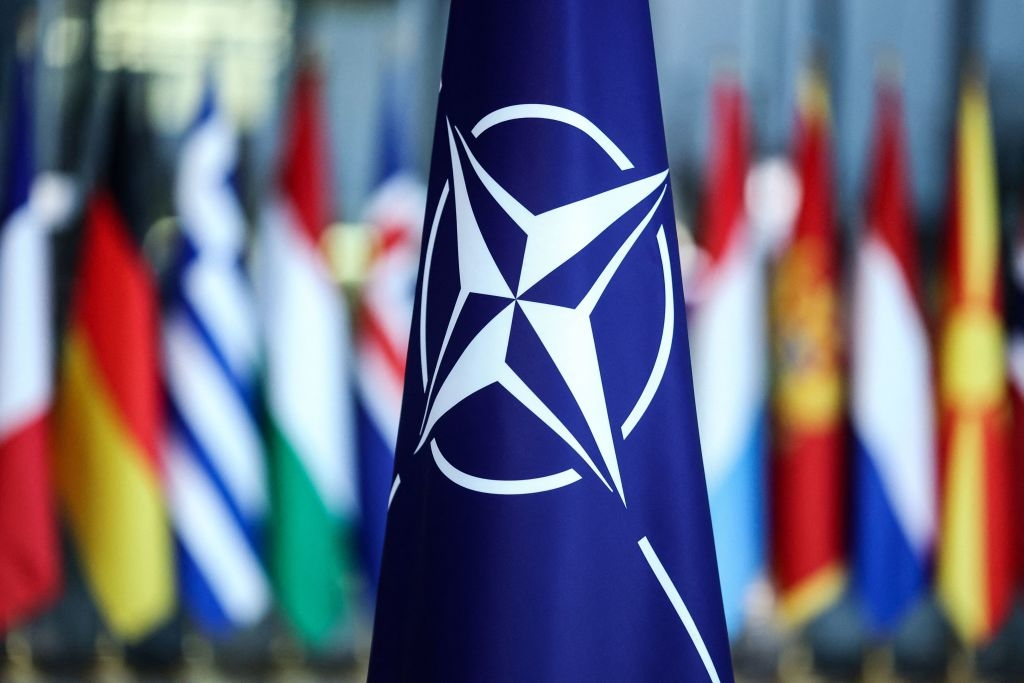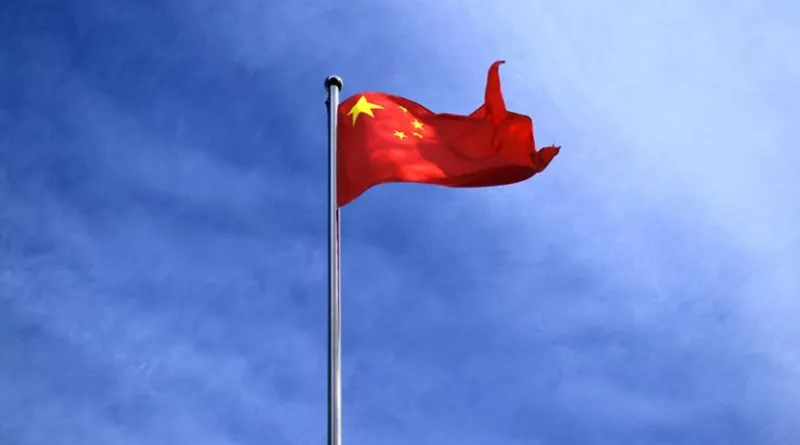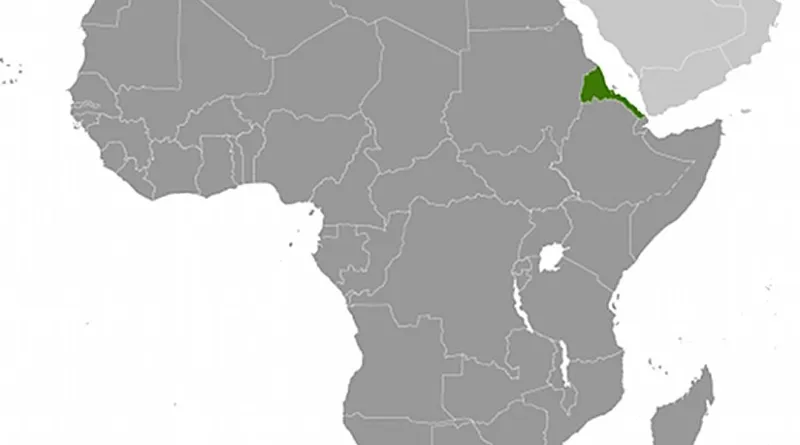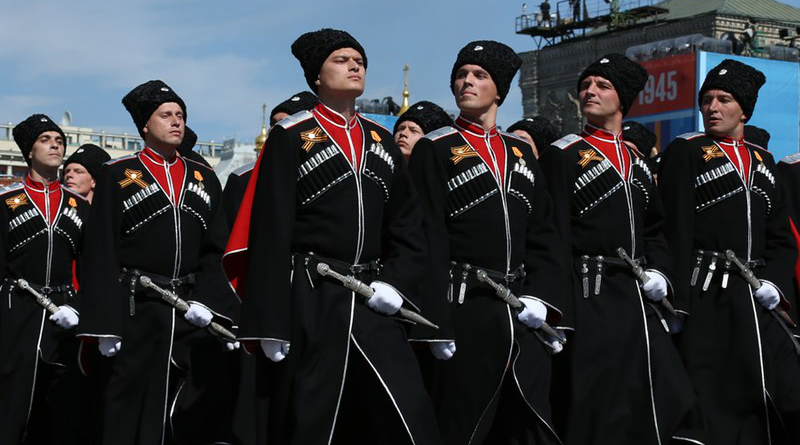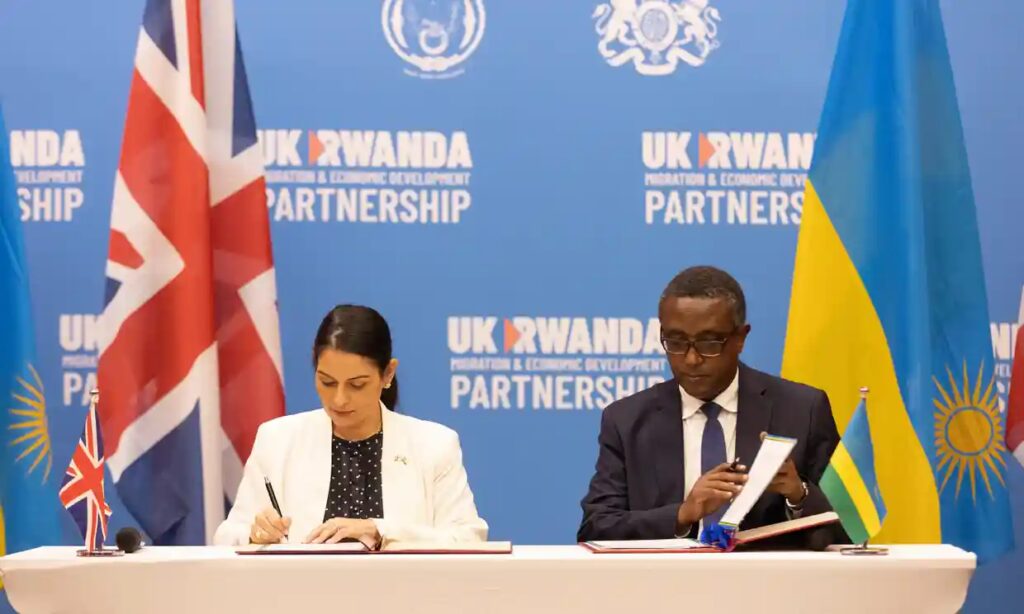Pope Francis: NATO Was ‘Barking at Russia’s Door,’ Provoking Moscow to Invade

The holder of the highest seat in the Catholic Church, Pope Francis, said that the West is partly to blame for the Russian invasion of Ukraine.
In an interview with the Italian newspaper Corriere della Sera, the Pope said “that barking of NATO at the door of Russia” has pushed Vladimir Putin to invade Ukraine, which was not a part of the alliance.

